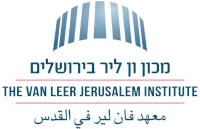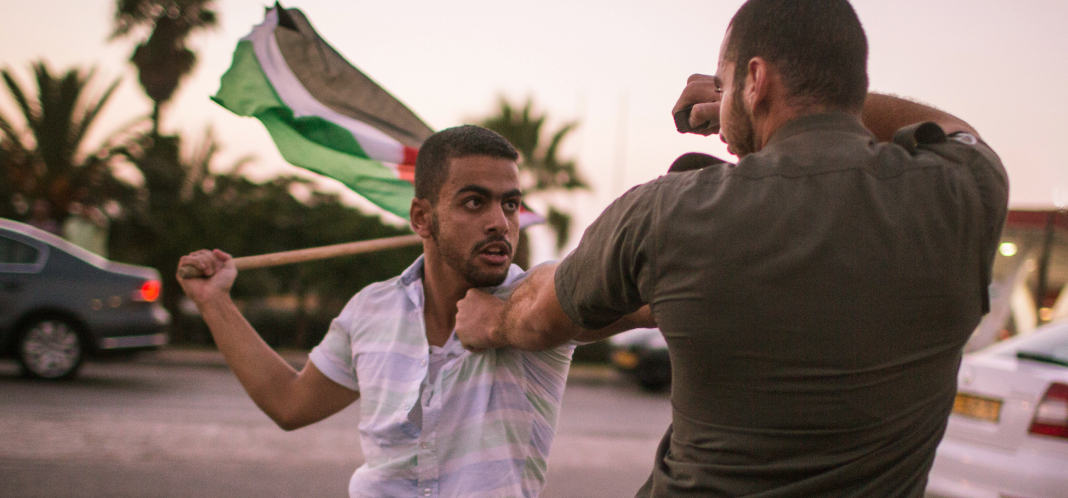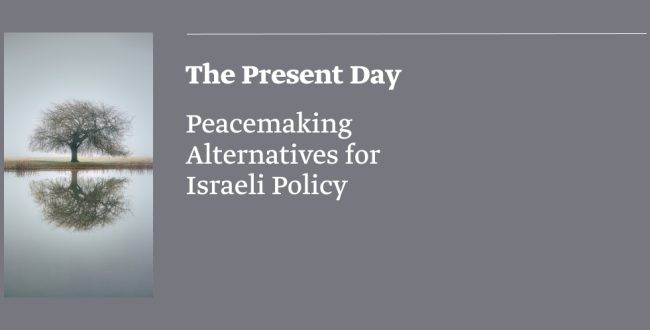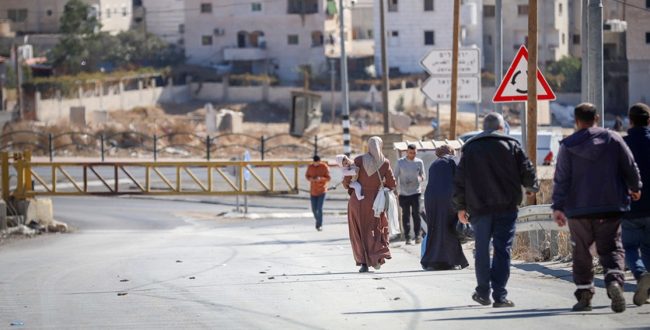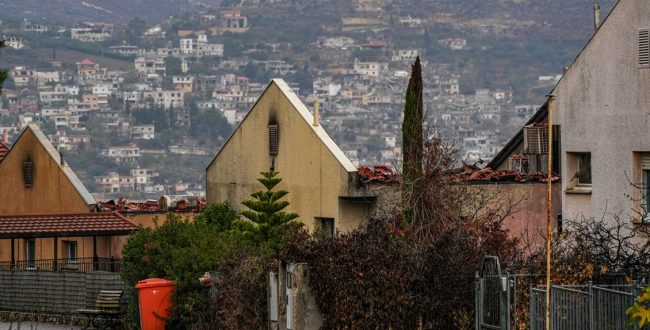In our recent public work, we have sought to highlight the connection between Israel’s political and security reasoning and the ongoing genocide trial against it at The Hague, which began last December. In this edition, we underscore two longstanding Israeli tactics that have evolved into strategies: assassinations of enemy military and political leaders, and mass incarcerations.
We argue that these tactics contribute to the rising death toll, mass destruction and humanitarian crisis we are witnessing in Gaza, and to a lesser extent in Lebanon as well. While the Israeli government bears full responsibility for its actions in Gaza and Lebanon, we contend that these are enabled by a legal and cultural impunity that Israel enjoys, as its Western allies subscribe to its security logic.
In this month’s New in the Region, we explain how these three factors—assassinations, incarcerations, and the humanitarian crisis in Gaza—are interconnected, and why there can be no political solution if Israel continues along this path.
President Joe Biden’s response to Haniyeh’s assassination was that it “doesn’t help” the ceasefire talks. In other words, it is justified, albeit unproductive
Assassinations as Painkillers
Three strategic developments in July involved the assassination of Palestinian and Hezbollah leaders. On the 13th, Israel assassinated Muhammed Deif, Chief Commander of Hamas’s Military Wing in Gaza. On the 30th, it assassinated Fuad Shukr, Hezbollah’s Chief Military Commander, in Beirut. The very next day, Israel assassinated Ismail Haniyeh, leader of Hamas’s Political Bureau, during an official visit to Tehran.
These assassinations were predictable, given Israel’s longstanding policy. The logic is clear: they are part of Israel’s broader policy of deterrence. They serve both as retaliation and as a means to cripple the enemy’s military or organizational capabilities. Of course, as there is an active war between Hamas and Hezbollah and Israel, these actions may be seen as morally and legally justified.
The international community, or at least Israel’s allies—chief among them the US—accept this logic. For instance, President Joe Biden’s response to Haniyeh’s assassination was that it “doesn’t help” the ceasefire talks. In other words, it is justified, albeit unproductive.
Biden’s response exemplifies the shared and convenient assumption that Israel and the West are aligned in the war on terror. However, unlike al-Qaida or ISIS, Hamas is ultimately a popular movement representing a vast Palestinian constituency, and it is unlikely that any stable political solution would be achieved without the inclusion of Palestinian militants (of Hamas or any movement that succeeds it).
Moreover, Hamas was born and raised in the context of Israel’s struggle against former Palestinian terrorists who were too important not to be assassinated, as we will now explain.
The authoritative source for understanding the broader context of Israel’s latest assassinations is journalist and historian Ronen Bergman’s book Rise and Kill First, which details the history of such actions from the pre-state days of the Jewish settler community in Palestine to the 2010s. Bergman counts around 2,800 operations from Israel’s establishment in 1948 to 2018, making Israel the number-one national assassin in the world.
By way of comparison, Bergman mentions that under George W. Bush, the US has conducted 48 assassination attempts over eight years in the aftermath of 9/11. Bergman explains this Israeli policy as stemming from a combination of post-Holocaust trauma and genuine security considerations. In other words, assassinations have become integral to the country’s political culture.
The assassination of a charismatic, legitimate leader such as Abu Jihad certainly did not help Arafat in his subsequent struggle against Hamas
The assassination of Fatah military chief Khalil al-Wazir, known as Abu Jihad (1935-1988), is a case in point. The context was the outbreak of the First Intifada in the Gaza Strip and the West Bank in December 1987. Almost six months into the uprising, a frustrated Israeli government was desperate for action. “We have to carry out this mission for the sake of national morale”, explained Minister of Finance Moshe Nissim (Bergman, 2018, p. 314).
As a senior military official in Fatah, Abu Jihad was responsible for numerous terror attacks against Israeli citizens, from the 1950s to the 1980s. But by 1988, he was already deeply involved in the PLO’s dominant political camp, which sought compromise with Israel based on partition. In particular, he had nothing to do with the outbreak of the Intifada, which was a spontaneous popular movement, with leaders such as Abu Jihad being dragged along.
None of this prevented Israeli commando forces from breaking into his home in Tunis on the night of April 15, 1988, to assassinate him in front of his wife, who ultimately shouted at the Israeli officers to stop shooting, as he was already dead after fifty shots at point-blank range. Strikingly, this did not prevent the PLO from recognizing Israel only seven months later in Algiers, in what became known as the Palestinian Declaration of Independence.
Reading the Israeli newspapers of the days following the assassination, the routine seems all too familiar: Israeli officials leaked the details of the classified operation to an admiring American press (NBC in this case). Judging from the headlines, Israeli national morale did soar for a few days, but that did not stop the Intifada or the political process that followed in Madrid and Oslo. The assassination of a charismatic, legitimate leader such as Abu Jihad certainly did not help Arafat in his subsequent struggle against Hamas.
Assassinations can therefore be likened to painkillers: they are accessible, cheap, and give a temporary high. Over the years, assassinations have become the go-to solution for many, if not all, security problems Israel faces. Importantly, however, another party is involved: the West turns a blind eye to the drug, if not aiding and abetting its consumption, or even getting high itself, as the reports following Abu Jihad’s assassination indicate. There seems to be at least a latent Western wishful thinking that after Israel eliminates “bad guys”, the good guys who want peace will replace them. After 2,800 assassinations and counting, it’s high time to dispel this illusion.
The steady number of thousands of Palestinian prisoners in Israeli jails is a political problem in itself… mass incarceration is what rationalizes and justifies, in Palestinian eyes, the abduction of Israeli citizens
Mass Incarceration
Alongside assassinations, another Israeli policy instrument for handling its security issues is the mass incarceration of Palestinians. One of the strategic consequences of the Hamas attack on southern Israel is a heavy strain on the Israeli prison system. Prior to the attack, in September 2023, Israeli prisons held around 5,000 Palestinians (defined in Israeli jargon as “security prisoners”), out of a total of 16,000 prisoners. Doubling the number to 10,000 today stretches the limits of Israeli prisons, already overcrowded under Western standards before the war.
In recent years, especially under the Netanyahu government, the discourse on Palestinian prisoners’ rights has shifted. It is common, for example, for Israeli politicians, pundits, and officials—not necessarily from the right wing—to refer to this massive incarceration project as a “summer camp”, incorrectly arguing that this group of prisoners is somewhat privileged and enjoys prison time.
This long and ongoing campaign regarding the so-called privileges of Palestinian prisoners, combined with the traumatized and vengeful discourse following the Hamas attack on October 7, has turned Israeli prisons into dungeons, as reported by Israeli human rights group B’Tselem.
As with the assassinations of Palestinian leaders, we see the international community playing the role of enabler here as well. Since the occupation of Gaza and the West Bank in 1967, world powers have usually considered Palestinian prisoners an internal Israeli issue, operating under the assumption that Israel’s occupation of Palestinian territories is temporary. However, they also justify this stance under the pretext that, like assassinations, incarceration is a legitimate Israeli instrument within the framework of its security needs.
What many observers lose sight of is that the mass incarceration of Palestinians is also a political problem that perpetuates the cycle of violence. The debate over these prisoners’ actions, including violence and crimes committed against Israelis, is valid, but it does not change the reality: the steady number of thousands of Palestinian prisoners in Israeli jails (800,000 in total since 1967) is a political problem in itself.
In turn, mass incarceration is what rationalizes and justifies, in Palestinian eyes, the abduction of Israeli citizens. What Israel—and the world—needs is not more incarceration, but a political agreement that includes the release of all Palestinian prisoners.
Our research associate, Liel Maghen, has suggested that we learn from the Northern Ireland case, in which the release of prisoners was part of the peace process. Prisoners, as this case shows, are an important part of the political process. Their advantage, or genuine privilege, from a political perspective, is that they have paid a price, making them legitimate leaders for peace within their own society.
In any case, allowing Israel to incarcerate with impunity is in itself a problem. Prof. Avraham Sela and Dr. Tomer Schorr-Liebfeld of the Hebrew University have studied this topic extensively and reached a similar conclusion.
Today, it seems, all of Gaza’s museums, archives, and libraries have turned to dust
Death and Humanitarian Crisis in Gaza
Meanwhile, South Africa’s genocide case against Israel at The Hague is still under scrutiny. So far, the court’s measures against Israel have been limited, mainly calling on it to take steps to avoid violating the 1948 UN Genocide Convention.
While the legal case may be important in facilitating accountability, we emphasize to our Israeli audience the consequences of Israel’s war in Gaza. After Gaza journalist Wa’d Abo Zaher asked her followers, “How was the night in which you heard about your family’s death?”, translator Nadav Frankovich brought to our readers excerpts from around 5,000 answers of loss and death. Our colleague, historian Dotan Halevy, compiled an essay on the destruction of Gaza’s history and heritage during Israel’s military campaign. Today, it seems, all of Gaza’s museums, archives, and libraries have turned to dust.
We propose viewing Israeli policies of assassination and incarceration, that are deemed logical within the war on terror, as a prelude to the dangerous concept of “elimination” of Hamas. This concept has become widespread after October 7, with American endorsement of this language precisely. The problem with “elimination” is that it justifies war against society as a whole. The military wing of Hamas is undoubtedly guilty of war crimes and other mass atrocities against Israelis. Hamas, on the other hand, is also a broad-based sociopolitical movement, a network of social, cultural, and educational infrastructure – part and parcel of Palestinian society.
The discourse of “elimination” serves to legitimize and expand the war to a scale that targets society as a whole. In a word, genocide. The yearslong Israeli hegemonic discourse of assassination and incarceration of Palestinians militants and politicians—almost completely endorsed by Israel’s allies—has shaped rather than prevented Israel’s current campaign of elimination in Gaza.
*
World powers, particularly those who can hold Israel accountable or apply direct pressure on it, must not view Israel’s security policy as separate from its humanitarian policy towards Palestinians. Those who seek peace in the Middle East need to realize that they cannot expect a more moderate Palestinian leadership to emerge from the ashes of yet another Israeli assassination campaign. They should also not expect the ongoing project of mass incarceration to coexist with a reconciliation process.
Questioning Israel’s policy of assassination and incarceration of Palestinians, while holding it accountable, is part of solving the humanitarian crisis in Gaza and promoting peace in the region.


